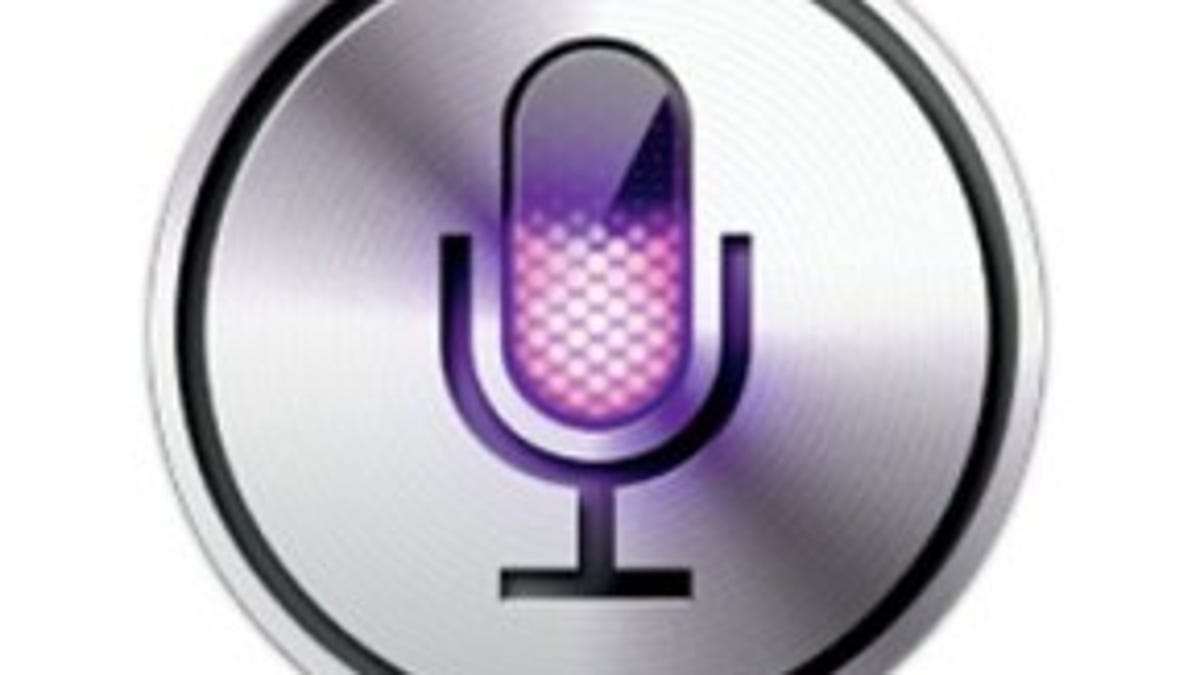Apple patent points to next-gen Siri with sensors
The technology would allow users to place sensors around the home to provide a more well-rounded Siri experience.

Siri, Apple's virtual personal assistant, could be due for a dramatic overhaul, if a recently acquired patent is to be our guide.
The US Patent and Trademark Office (USPTO) on Tuesday published patent 8,677,377, "Method and apparatus for building an intelligent automated assistant," which describes what is essentially a higher-end Siri that can provide automated assistance to people in a wide array of circumstances.
According to Patently Apple, the technology relies on software and a combination of sensors to identify where people are. In one embodiment, the patent shows how Siri, using information gathered from the sensor, can remind a person to take their medication ("the user is in the kitchen," "the user is eating," "the time is 8 a.m."). Using all of that information, Siri would tell the person it's time for their medication.
Siri has become an important product for Apple, though debate rages over its usefulness. Some people rely heavily on the virtual personal assistant, while others feel it's an ancillary service with little value. In either case, Apple appears committed to building it out.
In addition to providing in-home instructions, the patent says that it could be used by surgeons or those who may be visually or physically impaired.
It should be noted, however, that like all major companies, Apple files for patents all the time, and in many cases, those technologies never launch. So the question at the moment is this: Siri, what are the odds of you using this patent?

